BOONE, N.C. — It began with a curiosity of wanting to know more about the human body and culminated with a poster presentation. No, this is not a research project designed by one of Appalachian State University’s senior science majors. The 3D project was completed by some of the university’s youngest Mountaineers at the Lucy Brock Child Development Lab School (LBCDLS).
In late June, the LBCDLS preschool class shared with Appalachian faculty, staff, students and practicum students, as well as family and friends, the knowledge they gained about the human body through the project. Some examples of what they shared:
- A song they wrote with Emily Wills ’19, a graduate student in Appalachian’s master’s music therapy program from Salt Lake City, Utah.
- Life-size tracings of their own bodies, which included their drawings of bones and organs.
- A large, mixed media sculpture of the human body consisting of recycled materials, which was created by the class as a collaborative project.
The health science project provided a reciprocal learning opportunity — broadening the inquiring minds of young scientists while giving Appalachian’s budding educators a front-row seat from which to study how children learn through play.
This type of project is representative of the curriculum Appalachian’s child development students are learning — both in their classes and at LBCDLS.
“Our goal is to capitalize on children’s innate ability to research and learn about a subject in depth,” said LBCDLS Director Andrea Anderson ’94 ’10. “We want our college students to see the depth of young children’s thinking. In doing so, the students learn about child development and how to facilitate meaningful learning for young children.”
“Watching the children using their knowledge to choose and gather materials to build the human body was fascinating and inspiring,” said Valentina Ferrara, one of the class’s lead teachers and a junior in the university’s B.S. in child development-birth through kindergarten (licensure) program.
Appalachian alumna Jennifer Klutz ’07, another lead teacher in the preschool classroom, said, “The preschoolers gained this knowledge through researching resources, such as books, puzzles, images and technology.”
Erika Irizarry, a senior child development practicum student from Indian Trail, implemented experiences to engage the LBCDLS students in research about bones, such as assisting the children in creating a life-size skeleton made of building blocks. This exercise helped the students understand the different types of bones found in their own bodies.
Field trip to Levine Hall
As part of their project, the LBCDLS preschoolers visited the anatomy lab at Appalachian’s Leon Levine Hall of Health Sciences, where they were greeted by Dr. Jordan Hazelwood, assistant professor in the Department of Communication Sciences and Disorders, and Dr. Ashley Goodman, professor in the Department of Health and Exercise Science and director of the department’s M.S. in athletic training program.
“Students moved through stations where they investigated life-size models of human bones and organs, and interacted with a life-size, virtual anatomy dissection table,” Goodman said. “The students called the Anatomage Table (an interactive anatomy tool) ‘the giant iPad.’”
During the visit, the LBCDLS students were accompanied by their parents, as well as lead teachers Klutz and Ferrara.
For the field trip, each child was provided a lab coat, courtesy of one of the parents who works at Watauga Medical Center.
“The students told me that it made them feel like ‘real’ scientists,” Hazelwood said. “We talked about why scientists wear lab coats — ‘for protection and so people can know what jobs we do.’”
Appalachian faculty and students from other academic programs also collaborate with LBCDLS to experience learning opportunities with young children.
“I was excited to be invited to participate in this learning; I was able to focus not only on interdisciplinary learning, but also interuniversity projects,” Hazelwood said.
Anderson, Hazelwood and Goodman are planning to submit an article to the Journal of Appalachian Health, which focuses on improving the health status of the population of Appalachia through the rapid dissemination of knowledge of their health problems and evidence-based solutions to them. The article will describe how student-led learning can be integrated at multiple levels of the university system to support community health across multiple ages and disciplines.
In addition, Klutz and Ferrara are presenting on the project at the North Carolina Association for the Education of Young Children’s 66th Annual Conference, held in September in Raleigh.
Impact of Lucy Brock
“The Lucy Brock Child Development Lab School has always had a commitment to students and the community,” Anderson said.
The program, which serves over 90 High Country families and over 500 lab students per year, has tripled in size since 2011 and is actively working to increase its outreach to better serve rural Western North Carolina.
Each week, parents of LBCDLS students are provided pedagogical documentation, or a collection of photos and/or narratives, of their child’s experience, essentially making learning through play visible.
“I love working at Lucy Brock because the children are free to explore the classroom and materials at their own pace and as they are interested,” said Kaeah Domenech, a senior child development major originally from Lodi, California. “The teachers observe what the children can do and what they enjoy doing, and provide activities and materials to expand on those (interests).”
Additionally, LBCDLS has collaborated with Watauga County Schools to open three preschools, located in Blowing Rock, Cove Creek and at Parkway Elementary School in Boone.
The primary goal of LBCDLS is to serve as a professional development site for Appalachian students planning to work with young children while providing high-quality care for children and families in the community. Appalachian graduates compose 99% of the school’s staff.
About Appalachian’s child development major
Appalachian offers two concentrations for its child development major: birth through kindergarten (licensure) and family and child studies (non-licensure). Students in both concentrations gain real-world experience by working with students at LBCDLS, and graduates of these programs are highly sought after by school systems and agencies.
“By exploring how children develop and learn in context, we prepare professionals who work with children and families across a variety of settings,” said Dr. Denise Brewer, associate professor in and chair of Appalachian’s Department of Family and Child Studies, which houses the child development major.
“We are constructivist and inspired by the pedagogical practices of Reggio Emilia,” she added. Reggio Emilia is an educational philosophy developed by psychologist Loris Malaguzzi and parents in the city of Reggio Emilia, Italy, shortly after World War II.
“We aspire to create professionals who consider the cultures within which the child grows and develops,” Brewer said.
Domenech shared that she chose Appalachian because of its child development program and was inspired to pursue child development because of her mother, who was employed in early education.
“I grew up in the preschool classroom,” Domenech said. “I always knew I wanted to work with preschoolers and toddlers, and the more courses I take, the deeper my love and passion for the age group grows.
“I love watching children learn through their play and helping scaffold their development as they grow through the classroom,” she said. “There is so much more happening in their thinking than just what we see them doing.”
What do you think?
Share your feedback on this story.
Lucy Brock Child Development Laboratory
The Lucy Brock Child Development Laboratory (LBCDL) at Appalachian State University, operated by the Reich College of Education’s Department of Child Development, Literacy and Special Education, serves as a professional development site for individuals planning to work with young children. As a university lab intended to provide the highest quality education and care for regional children, the program staff model evidence-based practices in the field of early childhood education and apply innovative approaches that contribute to new definitions of recommended practice. Learn more at https://lucybrock.appstate.edu.
About the Reich College of Education
Appalachian State University offers one of the largest undergraduate teacher preparation programs in North Carolina, graduating about 500 teachers a year. The Reich College of Education enrolls more than 2,000 students in its bachelor’s, master’s, education specialist and doctoral degree programs, with offerings that span multiple fields — from teacher preparation, counseling, and therapy, to higher education, school and student affairs administration, library science, educational leadership and more. With over 10,000 alumni employed in North Carolina public schools, there is at least one Reich College graduate in every county in the state. Learn more at https://rcoe.appstate.edu.
About the Beaver College of Health Sciences
Appalachian State University’s Beaver College of Health Sciences (BCHS), opened in 2010, is transforming the health and quality of life for the communities it serves through interprofessional collaboration and innovation in teaching, scholarship, service and clinical outreach. The college enrolls more than 3,600 students and offers 10 undergraduate degree programs, nine graduate degree programs and four certificates across seven departments: Kinesiology, Nursing, Nutrition and Health Care Management, Public Health, Recreation Management and Physical Education, Rehabilitation Sciences, and Social Work. The college’s academic programs are located in the Holmes Convocation Center on App State’s main campus and the Levine Hall of Health Sciences, a state-of-the-art, 203,000-square-foot facility that is the cornerstone of Boone’s Wellness District. In addition, the college supports the Appalachian Institute for Health and Wellness and has collaborative partnerships with the Wake Forest University School of Medicine’s Physician Assistant Program, UNC Health Appalachian and numerous other health agencies. Learn more at https://healthsciences.appstate.edu.
About Appalachian State University
As a premier public institution, Appalachian State University prepares students to lead purposeful lives. App State is one of 17 campuses in the University of North Carolina System, with a national reputation for innovative teaching and opening access to a high-quality, cost-effective education. The university enrolls more than 21,000 students, has a low student-to-faculty ratio and offers more than 150 undergraduate and 80 graduate majors at its Boone and Hickory campuses and through App State Online. Learn more at https://www.appstate.edu.
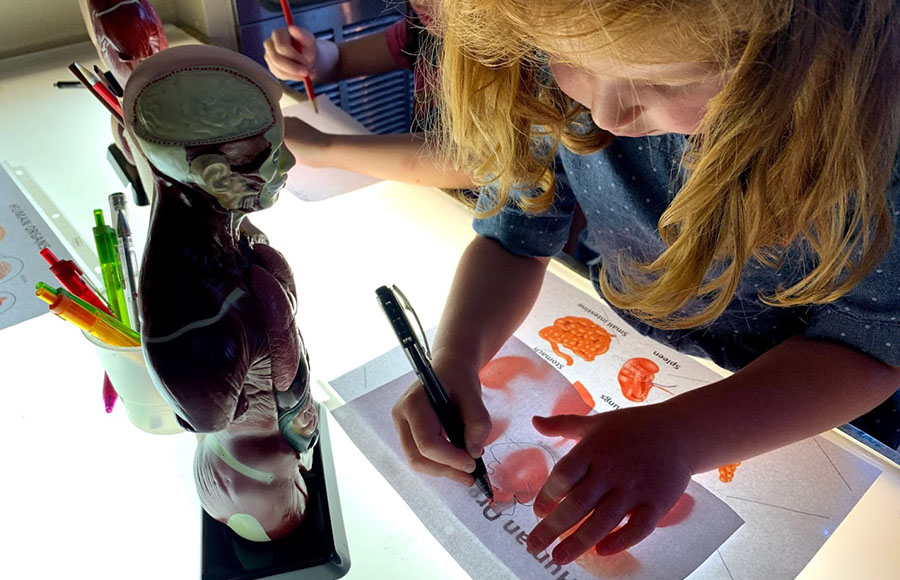
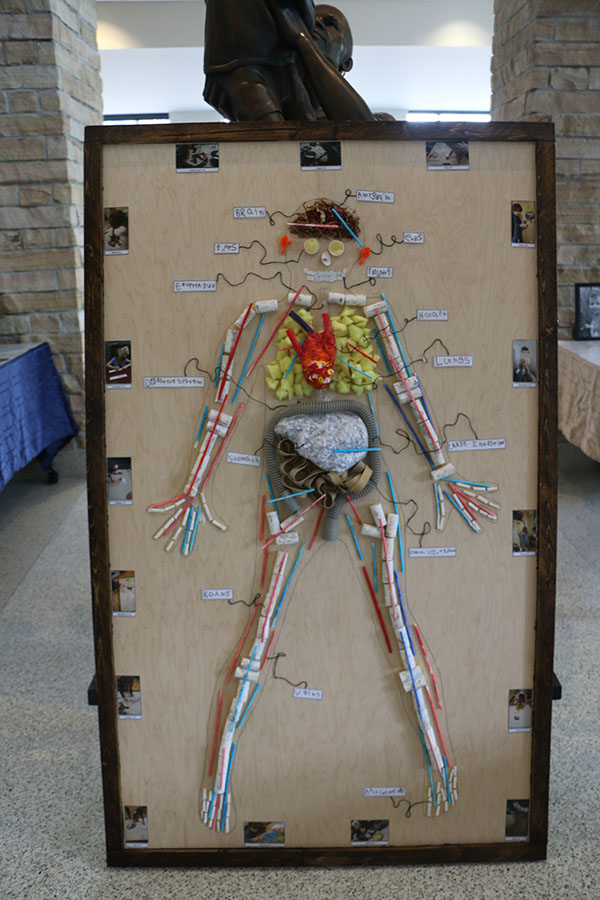
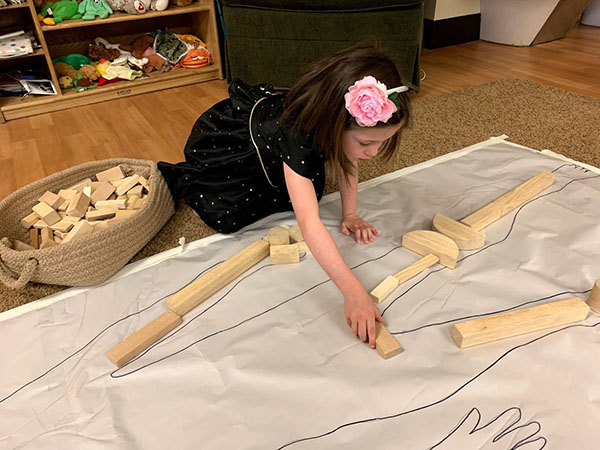
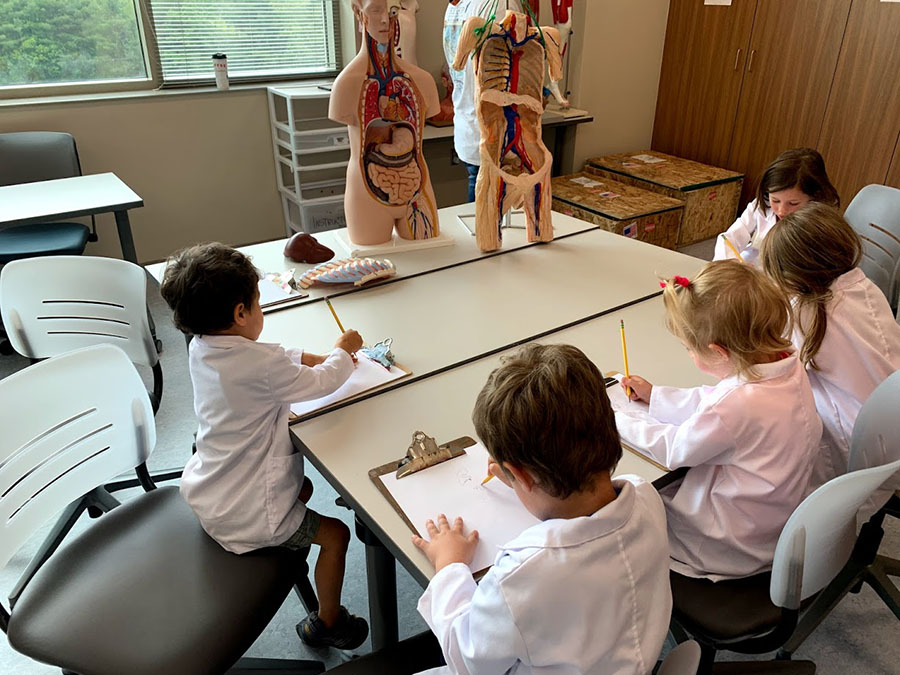
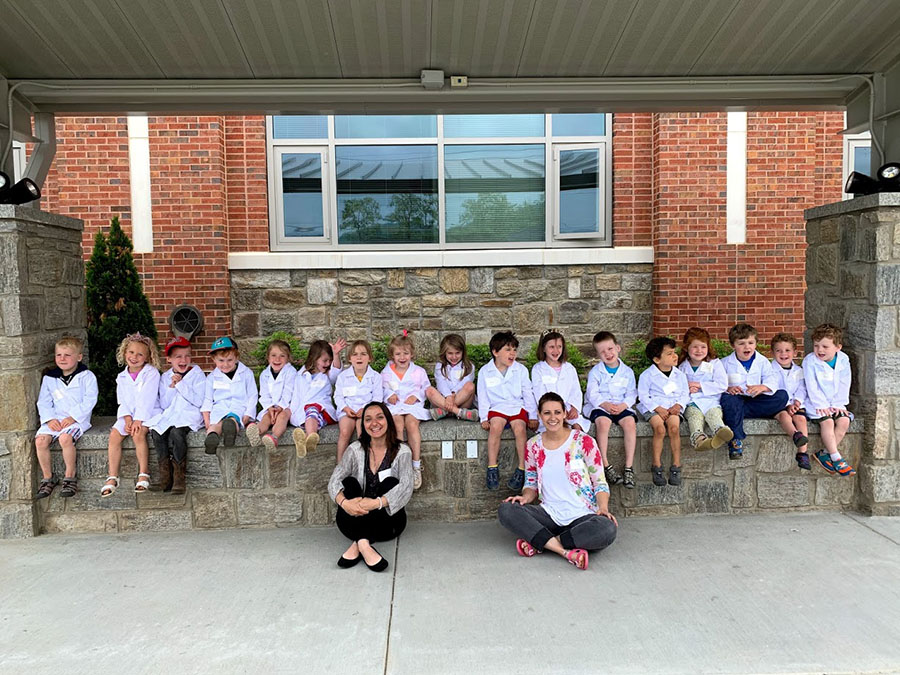
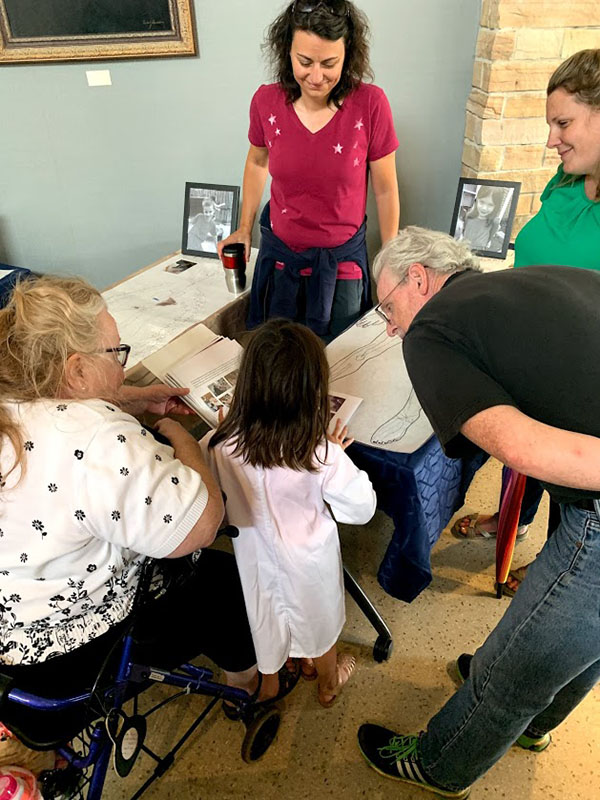
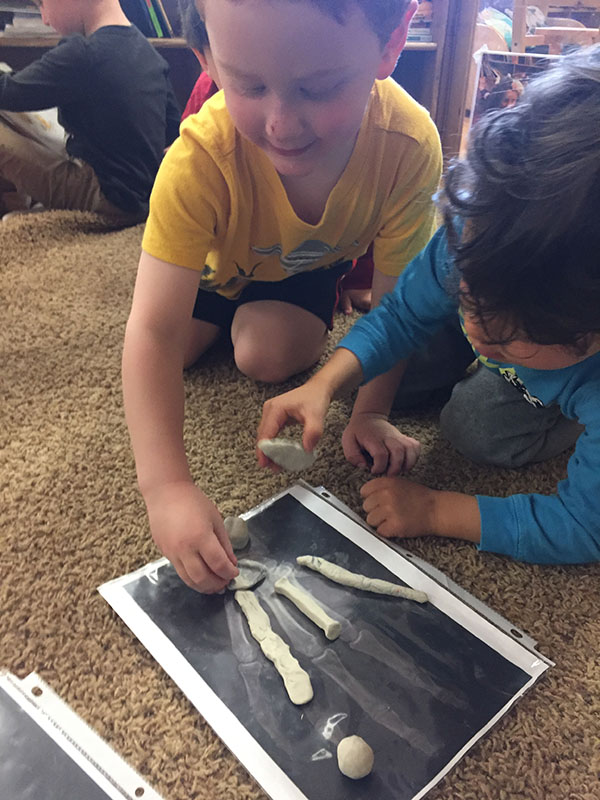
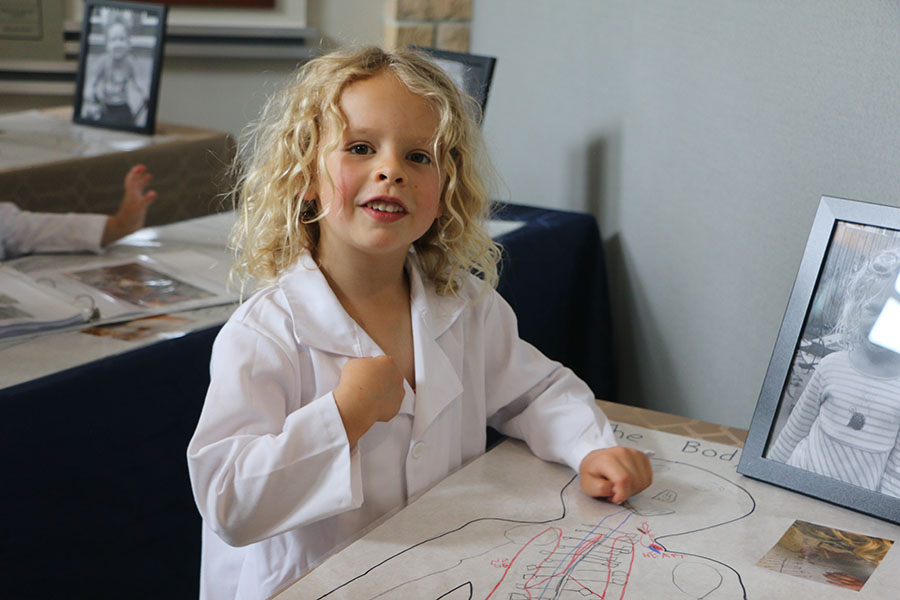
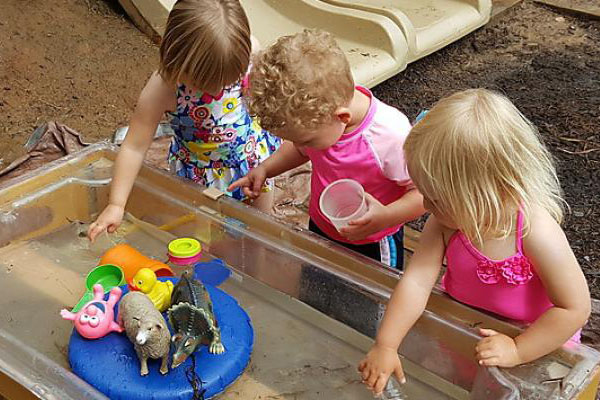
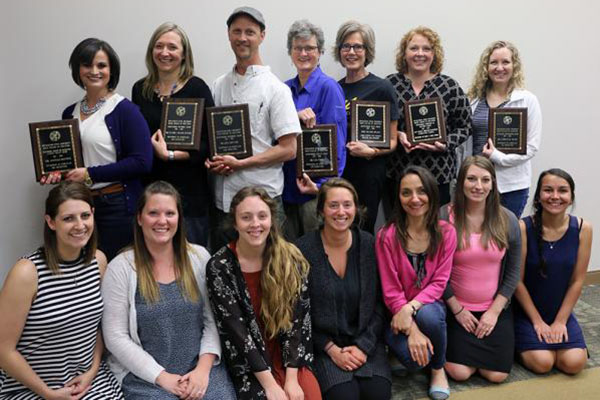
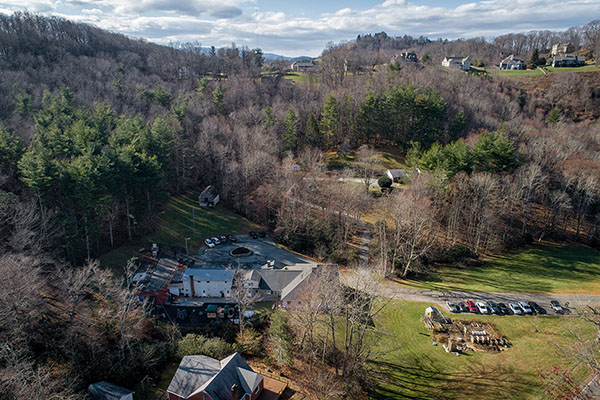



![How NCInnovation Is Rethinking Economic Development in North Carolina [faculty featured]](/_images/_posts/2026/02/rethinking-economic-development-600x400.jpg)







